The Vatican Bank or (IOR) is a comparatively recent institution, but its roots can be traced back to 1887 when Pope Leo XIII would keep the gold coins of the Vatican’s operating capital in a trunk under his bed. Today this private Bank’s customers are mostly all part of the Catholic Church. Many are religious orders who are active in missionary activity or perform charitable works at institutions such as schools, hospitals or refugee camps. These religious orders are too small to have their own finance departments, but together they own about 85% of the bank’s assets. The Bank is considered a trusted institution throughout the world when it comes to providing on-site banking services, even in geographic areas which are highly unstable politically. But the Bank has been the center of numerous scandals involving rumored associations with organized crime, accusations of law violations, fraud, embezzlement, money laundering and mismanagement. The Bank is a natural tax haven, like an offshore bank in the middle of Rome. After the terrorist attacks of September 11, 2001 in the U.S., the U.S. and international authorities steadily increase the pressure on private banks that failed to comply with the new standards intended to stop the funding of terrorism. In 2009, the Vatican Bank authorities refused to cooperate and identify several of its unnamed account holders transferring huge amounts very suspiciously. In 2009, Pope Benedict XVI aware of the problems at the Bank, established the Vatican’s first “financial watchdog” (AIF) and instituted its first anti-money laundering rules in coordination with the European Union. But, Benedict was outmaneuvered by those in the Vatican that wanted no change, and the “financial watchdog” lost its independence and bite. In 2012 more external pressure closed the Vatican Bank’s account in the US, Italy and closed the Bank’s cash machines managed by Germany. The Vatican bank was on the brink of collapse. Pope Benedict stepped down in 2013, and at the conclave to select the new pope, cardinal after cardinal criticized the Bank and the secretary of state for inadequate supervision. It was made clear by the cardinals that they wanted bank reform. Within weeks of taking office, Pope Francis began to tackle the problem of the Vatican Bank and wider financial problems. He stripped the Bank’s five supervisory cardinals of their 25,000 euro annual stipend. He strengthened existing organizations and brought five firms of top-level management consultants in to investigate every aspect of Vatican operations. Francis set up a commission of external secular financial and legal experts to work out the next steps. He then set up a second group of outsider financiers to look at every aspect of the rest of the Vatican finances. The two groups of consultants were told to think the unthinkable, including if the Vatican Bank should be shut down. Elizabeth McCaul, a Roman Catholic, mother of seven, and partner-in-charge of the New York office of a management and regulatory compliance experts firm was made president of the Vatican Bank. She pushed all the fine furniture and rugs to one side and brought in 25 regulatory specialists from the U.S. and gave them six months to exam every one of the 19,000 accounts, in order to make the Bank compliant with Vatican law and international standards.
